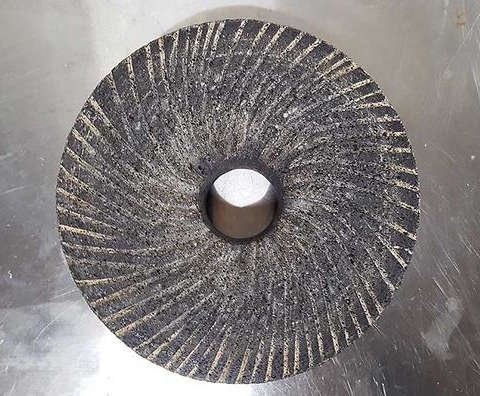Corn needs steady air, water, and dirt to grow well. Climate change upsets this by making heat rise, storms grow strong, and rain fall in odd ways. Hot days dry soil fast, leaving roots weak. If heat stays too long, crops rush to grow, making grains too small. Dry air lowers water deep in the ground, which makes it hard for farms to keep land rich. Wet air, on the other hand, brings floods, washing away dirt, drowning young plants, and spreading mold. Strong winds move dry dust, taking food from soil, which lowers crop size over time.
Bugs that eat corn spread fast when heat lasts longer each year. Without cold to stop them, pests ruin crops before farms can act. More mold forms when damp air stays trapped near fields, making grains unsafe to eat. These problems hurt food supply, drive prices up, and harm farmers who lose their work. In some places, land that once grew corn well is now too dry. Other places, once too cold, now grow more, but lack tools to do so right.
Laws help by setting fair steps to keep farms strong. Limits on waste stop harm to land and water. Rules guide farms on ways to hold dirt in place and use less water. Clean air plans push big groups to cut gas that heats the air too much. When farms act early, they keep crops safe and stop loss.
Courts step in when rules get ignored. If big firms dump waste or use bad steps, courts can fine them. Lawyers can act to to help small farms get tools and seeds that work in heat or dry land. With fair rules, food stays safe, dirt stays rich, and farms can keep working.
As heat keeps rising, strong action must take place now. If law stays weak, farms lose land. But if rules help, crops can last, food stays cheap, and farms still thrive. Good steps now save food for years ahead.

Leave a Reply